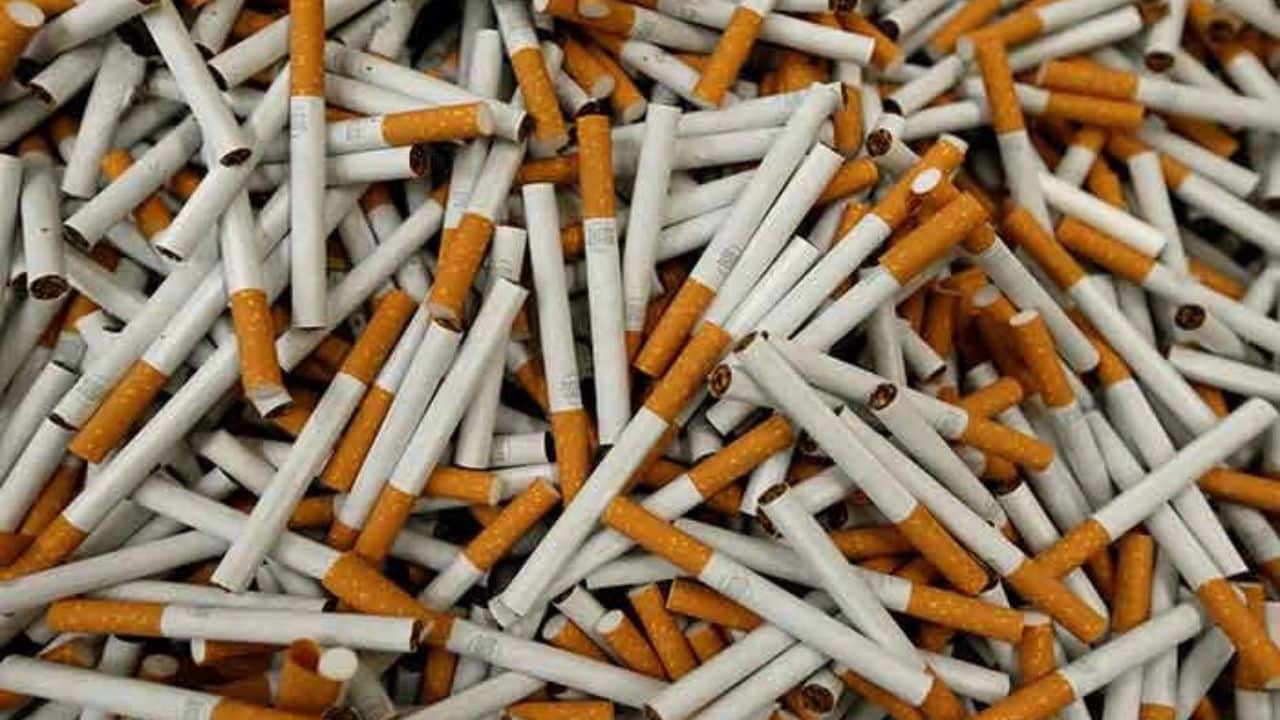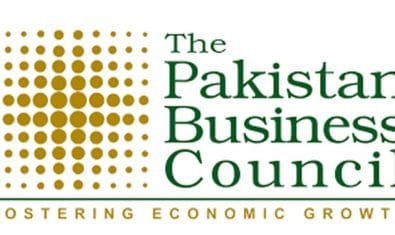The increase in FED on cigarettes last year to discourage tobacco consumption has the opposite effect, as the health organizations and the government aimed to bring down consumption of cigarettes, the consumption remains as is but in fact growing- instead, the illicit manufacturers have taken over the market evading taxes.
FED of 150% was imposed in February 2023 aiming to cut down tobacco consumption, however, the inability of the government to crack down on illicit cigarette manufacturers and traders has resulted in an even worse situation, as not only the consumption increased but the revenue collection of the government has also taken a hit due to significant decrease of the market share of the few companies who are making it legally.
Data reveals that the government revenue collection did not benefit from the increase in FED due to a significant surge in the share of illicit cigarettes from around 38 percent in 2022 to 63 percent last month.
According to industry data, The cigarette manufacturers making cigarettes legally and have implemented the Track and Trace System, have only produced 2.4 billion sticks of cigarettes in December 2023, which is less than half of the production of 4.9 billion sticks in January 2023.
“Tax evasion in the Tobacco sector is already causing the National exchequer a loss of Rs. 310 billion annually and this further shift of consumers to illicit brands will surely give the authorities a headache,” said Syed Saifullah Kazmi, Head of Investment Banking at Intermarket Securities.
“To address tax evasion and illicit trade in the tobacco industry, policymakers should consider comprehensive strategies,” he said, adding that these may include strengthening border control and enforcement mechanisms, stricter enforcement at the local level, imposing fines for non-compliance with regulations and enhancing track and trace systems.
He urged the government that the enforcement of track and trace stamps is crucial in curbing illicit trade in cigarettes, however, he added that only a few tobacco manufacturers operating in the country are found to be compliant with the track and trace system.
It is pertinent to mention that the Premier Shahbaz Sharif expressed displeasure over the non-implementation of his eight-month-old orders to install scanners for monitoring various manufacturing units, particularly in the tobacco industry.
He also instructed the hiring of competent individuals from the market to oversee the track and trace system, designed to address underreporting by tobacco manufacturers, beverage producers, sugar companies, and cement manufacturers.
The article is written by Usama Ghulam Rasool. He is A freelance content writer mostly writes about the economy, business, and current affairs.





















